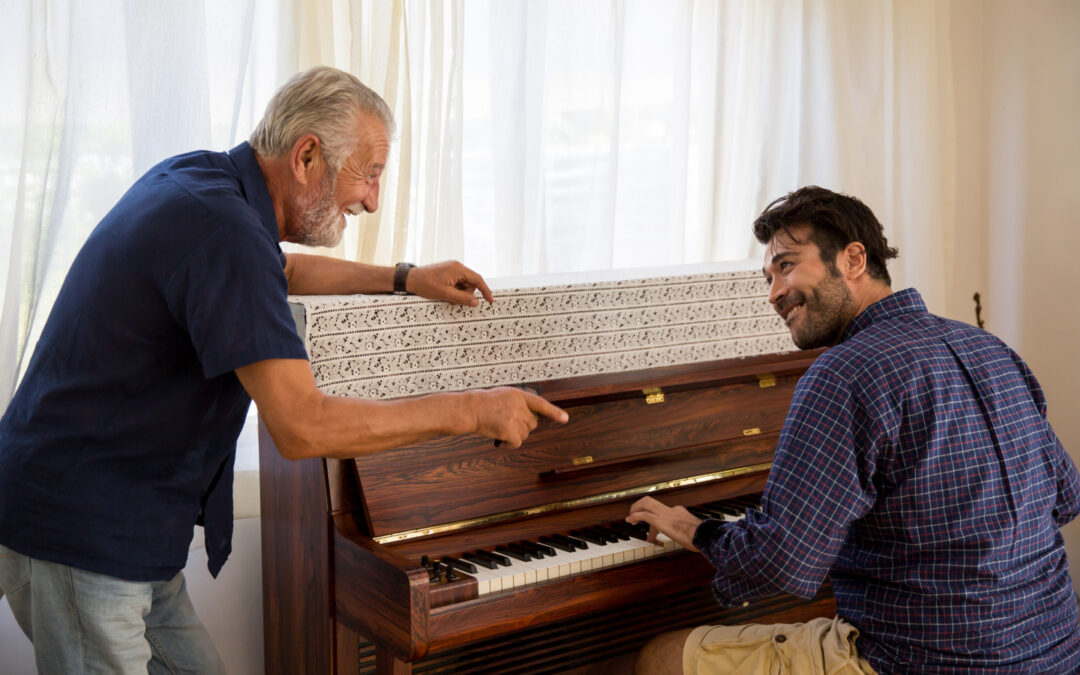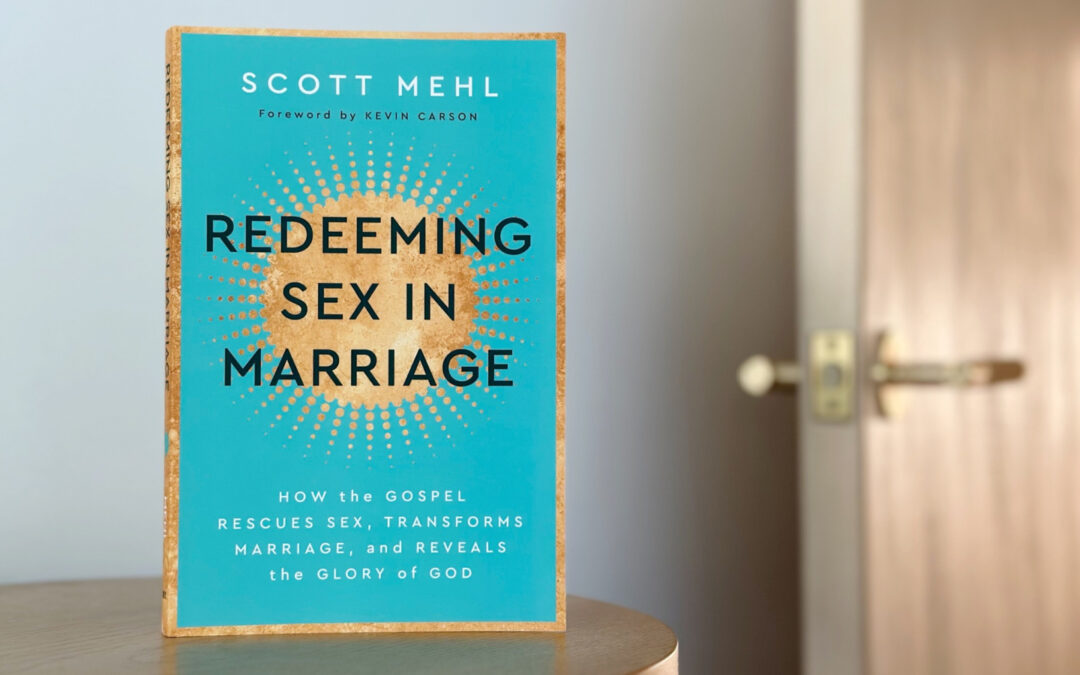If you have been involved in domestic abuse intervention for any length of time, you have already felt the weight of this difficult ministry[1]. Whether you are counseling and caring for victims of abuse or confronting perpetrators and providing accountability and counsel on the long road of repentance, you know how heavy and hard these cases can be and how they can threaten to pull us toward resignation. In order to continue on with resolve, those providing care must care well for their own souls. While there are many aspects of personal soul care that could be mentioned here, I’ve chosen to highlight the five that have been most significant (and often most challenging) for me personally.
Learn to Lament. If you are not yet seasoned in the spiritual discipline of lament, now is the time to begin.[2] In domestic abuse intervention you’ll be entering painful places of ministry which contain many doorways to hopelessness and despair. While your heart may know the unseen realities of God’s sovereign plan of redemption, those realities can appear fuzzy and far off when the dysfunction and destruction we see so clearly and feel so viscerally are ever before us. Abuse is dark and its impact deep. There is much to grieve. Lament enables us to honestly acknowledge and grieve this darkness and the brokenness it creates, while anchoring us to the One who is Light (1 John 1:5) and is well acquainted with grief (Isaiah 53:3).
Meditate on the character of God. The longer you look into the darkness of the human heart (including your own) the more you’ll understand and believe that there truly is no one righteous, no not one (Romans 3:10). When this happens, apathy can quickly set in. In addition to gazing outward and inward, raise your eyes up to glory in the righteous perfection of God.[3]
Don’t limit your ministry to fighting against evil alone but make every effort to cling to and hold high what is good. When we spend our hours and energies submerged in the dark underworld of sin, we can lose sight of the light. We can forget that good soil does exist and good fruit can grow in that soil as it is warmed by the light. Regularly search the horizons of your life and ministry for evidences of grace and righteous faithfulness in God’s people and refresh yourself in the light they shine. Even more regularly, settle your thoughts on the honorable, just, pure, lovely, excellent, praiseworthy (Philippians 4:8) things of God as revealed in the Scriptures. Wonder at God’s good ways as frequently as you wonder at the evil, foolish ways of mankind.
Acknowledge your own limitations and gaps in understanding, skill, and availability. You are not sufficient to the task of domestic abuse intervention in and of yourself. No one is. Embrace a team-based approach whenever possible. Rely on local resources. Delegate responsibilities. Be honest about what you don’t know and where you need support and continued education.[4]
Cultivate humble, patient endurance. You didn’t always know what you know now and you still don’t know all you need. Folks in your church and community are also (hopefully) learning to understand, recognize, and respond to domestic abuse and, like all growth, learning takes time. Education is a lengthy, slow process. But then again, so is intervention. Sin deeply lived and experienced over years and decades will require considerable time to identify, uproot, and replace (assuming that all involved are committed to the repentance process). There is nothing quick or simple about domestic abuse intervention. Patience will be required.
[1] For more on the weight of burden-bearing in counseling ministry, please read Are You Burdened Out?, a wise IBCD blog post by Anna Mondal.
[2] Dark Clouds, Deep Mercy by Mark Vroegop has been most helpful in teaching me to lament.
[3] Recommended reading on the attributes of God:
– The Attributes of God by Arthur W. Pink
– The Knowledge of the Holy by A. W. Tozer
– None Like Him: 10 Ways God Is Different from Us (and Why That’s a Good Thing) by Jen Wilkin
[4] IBCD, PeaceWorks, and Called to Peace Ministries all offer a wealth of support and training resources for pastors, church leaders, counselors, and other people helpers involved in domestic abuse intervention work.


